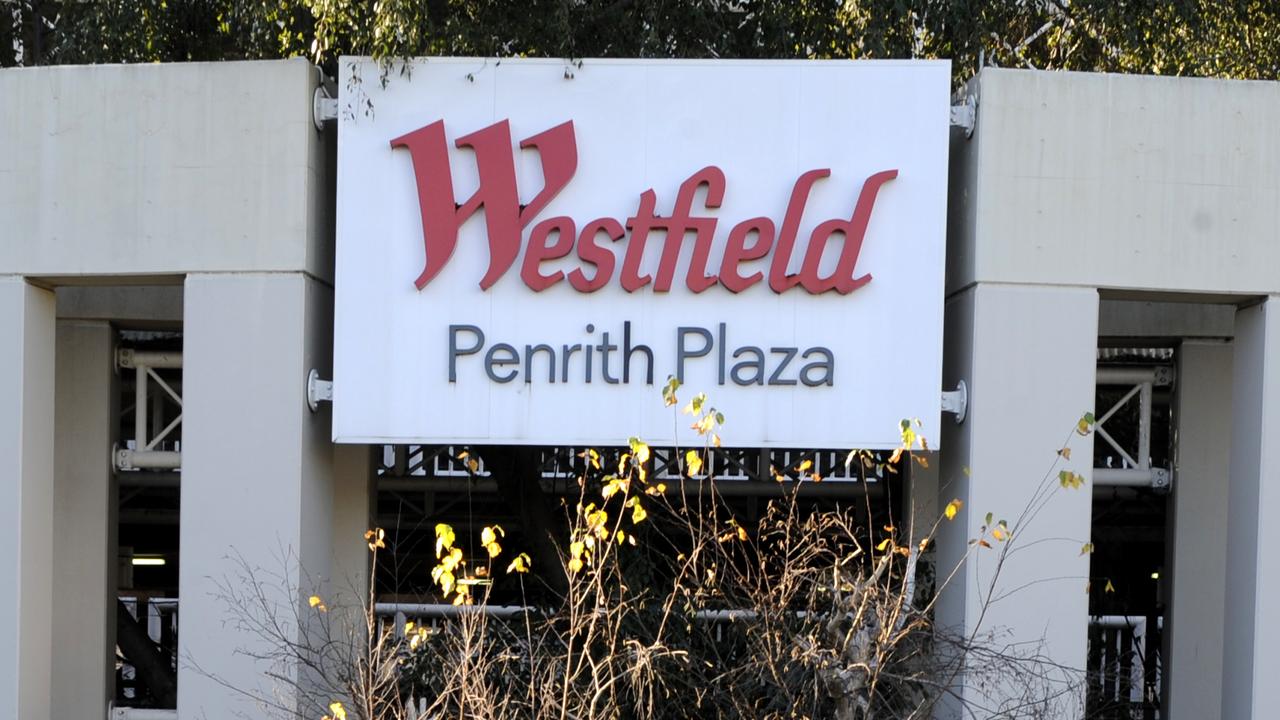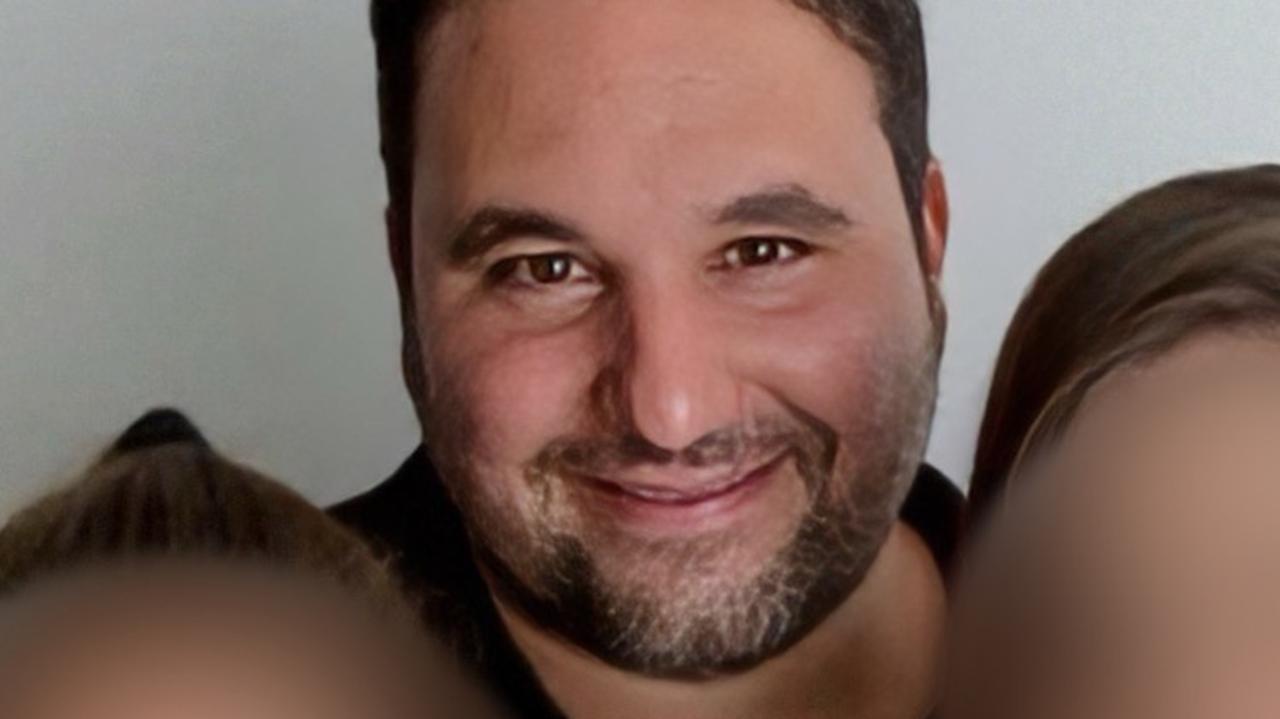Inside the new Raptor Squad at the forefront of Sydney’s gangland war
Strike Force Raptor was originally formed to tackle out-of-control bikie gang violence in NSW but it has been relaunched with a new focus on dealing with the evolving gangs that are now collaborating in crime.
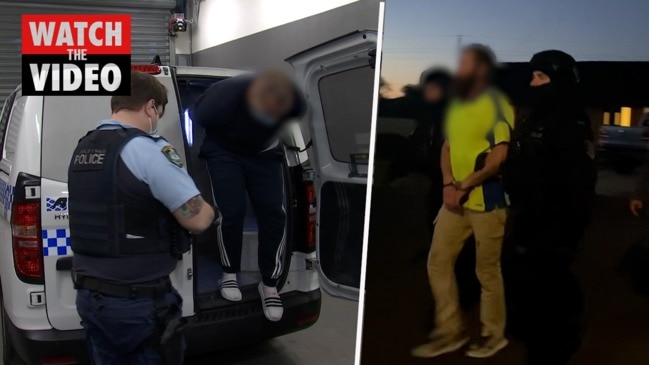
Police & Courts
Don't miss out on the headlines from Police & Courts. Followed categories will be added to My News.
Strike Force Raptor once prided itself on being the achilles heel of every bikie gang member in the state.
Its unapologetic and confrontational policing style has meant club houses, once the inner sanctum for gang business, are now few and far between and many of the fraternity’s most influential members have left Australia altogether.
The police team, formed on the back of the Sydney Airport brawl between the Hells Angels and Comanchero in 2009, looked like it had won the war.
But organised crime has evolved and so has Raptor.
Since relaunching as the “Raptor Squad” in February, with a new charter to target all organised crime, regardless of what club, network or ethnicity they identified with, the proactive team has taken $16 million worth of drugs and 38 guns off the street in the middle of an unrelenting gangland war.
The shift in focus was reflective of the modern day organised criminal – a Middle Eastern crime figure or bikie who was willing to work with a rival gang and take protection from the Polynesians and have their money laundered by Chinese syndicates.
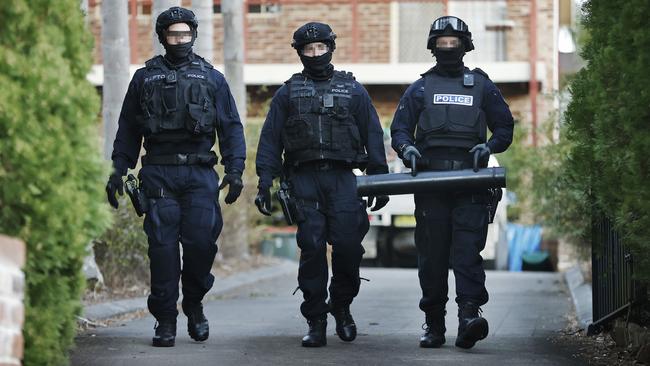
After controversy around its heavy handed tactics last year and a recent split from the Criminal Groups Squad, Raptor has found its groove again.
New world order
Raptor Squad is led by Detective Superintendent Jason Weinstein and under the leadership team of Detective Inspectors Peter Walke, Neil Hallinan and Sarah Schleising.
They are all veterans of the craft and spent time working together at the Middle Eastern Organised Crime Squad (MEOCS) before it was disbanded in 2017.
Many of the same families or networks they were dealing with at MEOCS are the same names they come across today.
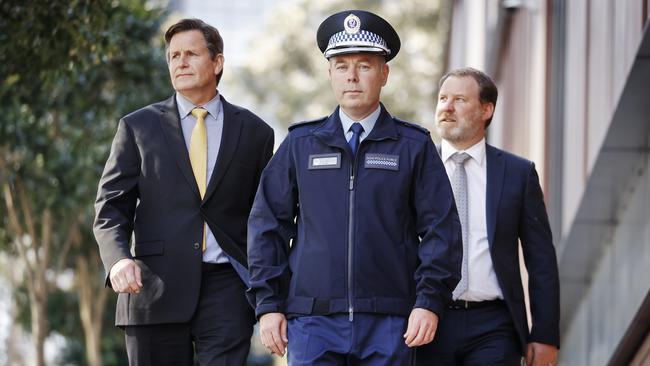
But the landscape has shifted, Insp Hallinan said, and the targets have become smarter.
“I do think the transformation from Criminal Groups into Raptor Squad had to come,” he said.
“Because in my time at MEOCS what we saw was an evolution of organised crime, expanding its territories.
“Once upon a time, those Middle Eastern crime families would pretty much work and revolve around their own families.
“Over the last few years we’ve seen it expand out. They are dealing with different ethnic communities and people.
“If there is a dollar to be made, it doesn’t matter if you’re black, white or green.”
The emergence of encrypted communication, including Cipher and Signal, has made traditional police tools, like phone taps, less likely to yield results.
“They have expanded into a lot of computer based crime as well as the traditional crime we are used to seeing like drug supply,” Insp Walke said.
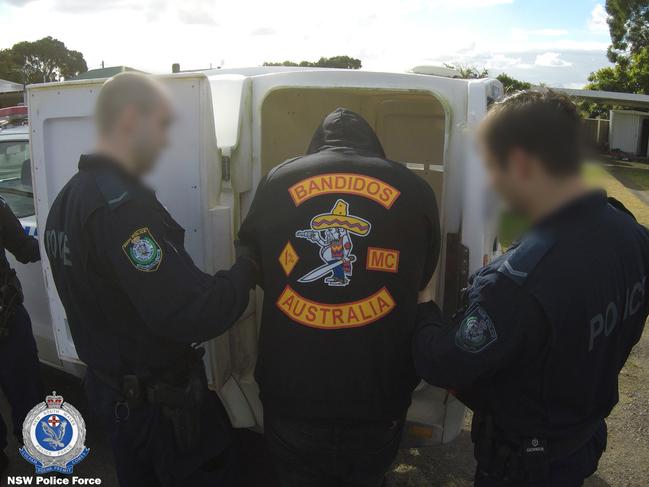
Much of Raptor – now a 20 hour a day, seven day a week operation – is still about face-to-face interaction and knocking on doors.
Bail compliance checks, public safety orders, traffic infringements, firearm prohibition orders, serious crime prevention orders – anything that serves as a not so subtle reminder that Raptor is never too far away.
A day wouldn’t go by without a police officer in NSW carrying out a search warrant on a person, their house or car under the FPO legislation.
“We are at a stage now where we are doing a FPO and the crooks are saying come in guys, I’ll take a seat on the couch and keep watching TV while you’re doing your search,” Insp Hallinan said.
But the success of these laws has inspired a network of cleanskins who agree to “hold” firearms or drugs because they will fly under the radar.
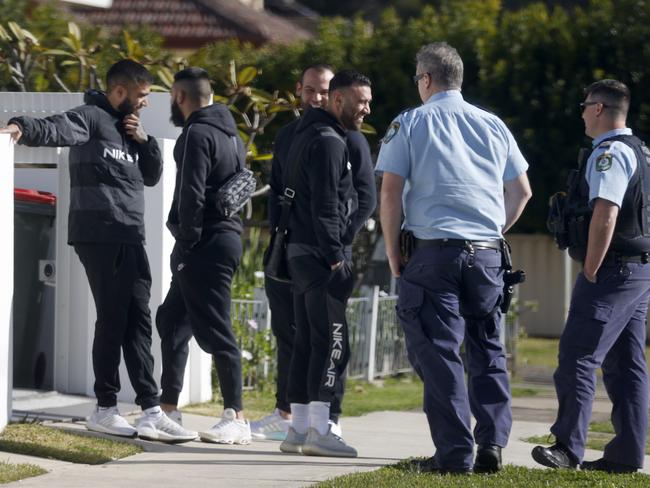
Raptor is now targeting these associates.
“Organised crime and bikies, all work on the premise of finding people who are cleanskins,” Supt Weinstein said.
“We give them money, give them clothes, give them a room, make them feel loved and slowly over time turn them into the gofers, the deliveries, the holders et cetera.
“It‘s purely a business model.
“Any business will go in, take someone to lunch, get them on side and then use them for their business activities.
“This world operates on the same principle.”
The Raptor Squad has inherited the old strike force’s creativity in finding obscure laws and tools to target organised criminals.
In a first, Raptor will soon use the Suspect Target Management Plan (STMP) to reduce domestic violence offending among some of its targets.
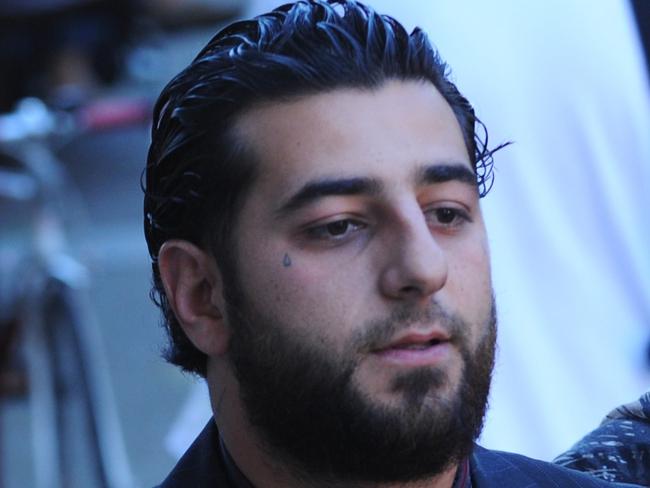
STMP allows police to pick people at high risk of reoffending and target them proactively, including regular visits at home, searches and talking with their victims and family members.
While the STMP has been controversial when applied to juvenile offenders, an independent evaluation found it led to huge reductions in DV reoffending.
“Rather than just pulling them over or going into gyms, we can start going into the family home, talking to their partners to stop the cycle of violence protect those families,” Supt Weinstein said.
Turf war
On the back of 19 conflict-based shootings in Sydney earlier this year, much of that focus was on two household family names in the southwest – the Alameddines and the Hamzys.
Mejid Hamzy, who once placed a bullet in a witness’s mailbox to stop him giving evidence, was executed in Condell Park late last year.
His brother, Bassam Hamzy, is one of the most influential figures in the underworld despite being in Supermax prison.
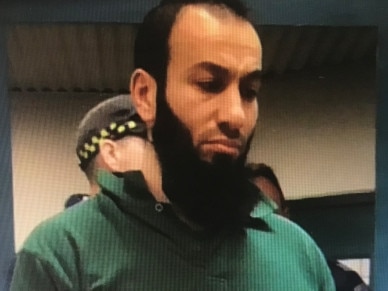
His cousin, Bilal Hamze, was shot dead in the heart of the city in a breathtakingly brazen assassination this year.
Raptor has been at the centre of the police response, disrupting plots and turning up on the doorstops of the main players day after day.
They’ve delivered warnings to prominent members of both families, including Rafat Alameddine, Bilal Hamze and Ibrahem Hamze, cautioning them that their lives are in serious danger.
When Raptor delivered this message to one figure recently he replied: “well what are you doing here? Go and lock the shooter up”.
He is still alive today but others who have ignored the warnings – including Hamze – are not.
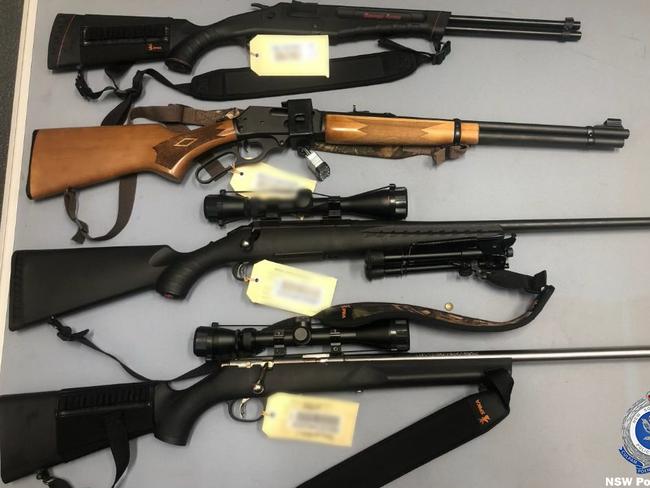
While police are wary of reprisals after a man as influential as Hamze or Hamzy is murdered, they say Middle Eastern organised crime groups are willing to wait until the police and media spotlight has dimmed.
“We know the conflict goes back years and years,” Supt Weinstein said.
“So there‘s been hatred between the groups for a long time and they’ve always been on different sides of the organised crime world.
“We say this current conflict flared up because someone who was running drugs for the Alameddines was assaulted by someone from the Hamzy group.
“That was the trigger.
“Then it got to a point where neither group wanted to back down from the other group.’
Detective Weinstein says he would be kidding himself if thought he could stop every shooting.
But he believes the new Raptor has played a big part in driving down the number of conflict-based shootings by 63 per cent this year.
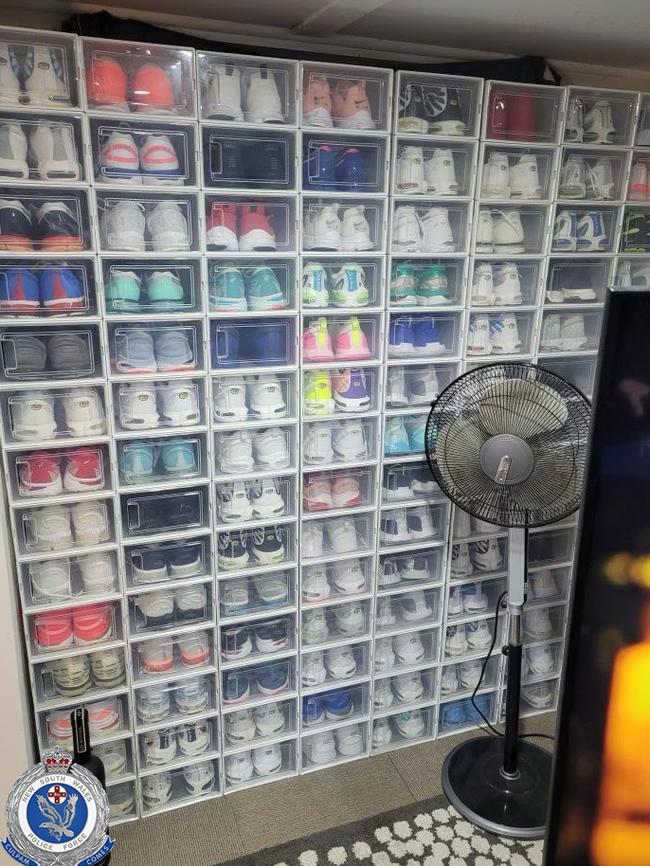
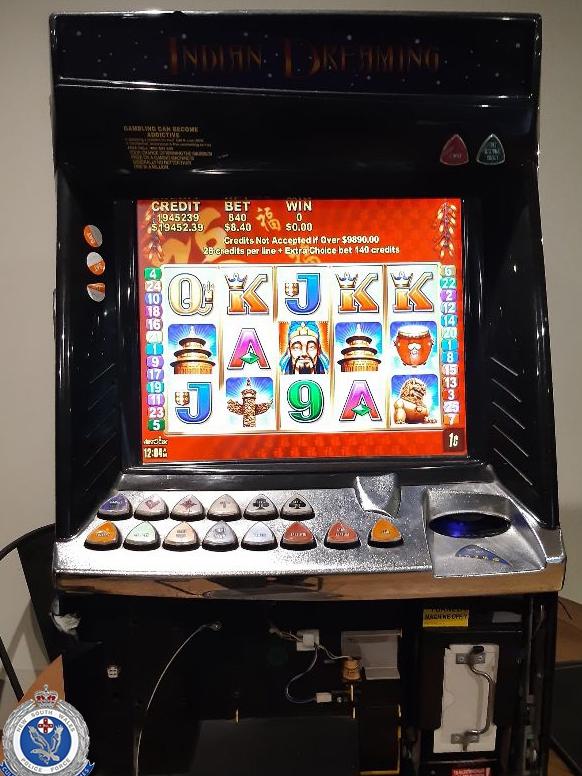
Territory creep
While the bikie scene in NSW is a shadow of its former self, Raptor say there are still 2000 patched members scattered around the state.
Recently “territory creep” has been causing conflict between chapters in Northern NSW, where almost 700 members are based.
In May, Raptor set up a checkpoint on the NSW-Queensland border to stop a convoy of 23 Bandidos on their way to have it out with Mongols OMCG members at a local pub.
The Bandidos were handed public safety orders, which banned them from the area for 72 hours.
Raptor is currently undertaking a stocktake of the bikie landscape in NSW to ascertain who is a member of what club and where.
The problem is the traditional values of club loyalty no longer exist.
“We keep tabs on each of the clubs but the patchovers, which were unheard of in a bygone era, are so common and so frequent it’s so hard to keep track of who is who,” Insp Hallinan said.
“You’ll see for example a member of the Comanchero with a Rebels tattoo and that is acceptable.”



